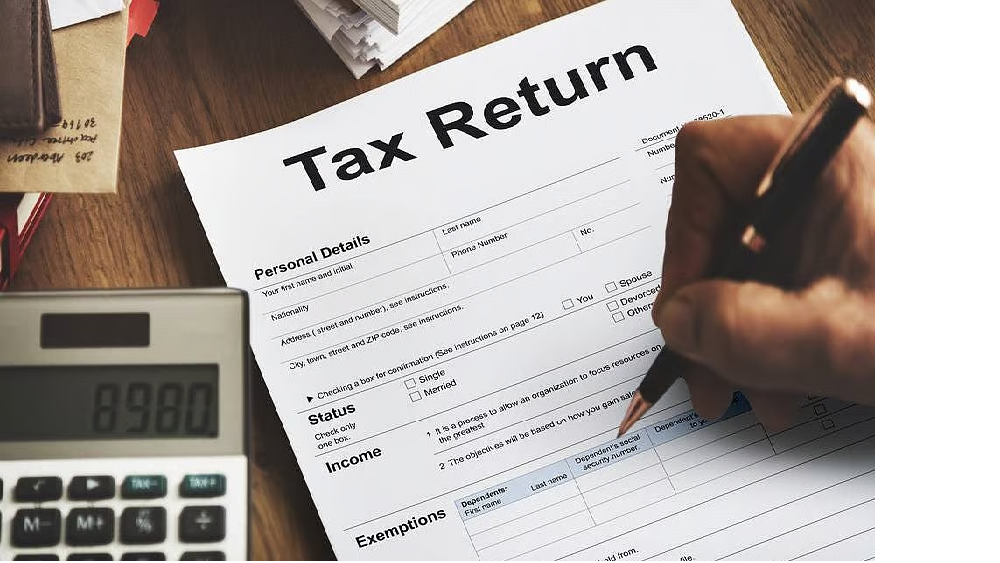When carrying out the creation formalities, the business manager must choose the tax regime for the profits of his business: direct taxation of income tax in his name or taxation.
We will focus here on the interest of choosing a taxation of profits over corporation tax and the main advantages of corporation tax .
The benefits of corporation tax (IS)
The imposition of corporate income tax allows the entrepreneur to control the tax rate of the profits made.
Indeed, a reduced rate of 15% applies first to the first 42,500 euros of profit per period of 12 months, then the normal rate of corporation tax applies beyond (25%).
When the entrepreneur operates in his own name or by opting for the partnership regime, the average personal income tax rate fluctuates according to the composition and resources of his tax household, as well as the extent of the profits made in respect of the professional activity.
For highly profitable activities, the tax rates applied to the entrepreneur can be relatively high because the income tax scale provides for a tax rate of up to 45%.
Corporate tax to control personal taxation
The imposition of corporation tax on the profits made allows the entrepreneur to control his personal imposition of income tax .
Corporation tax is paid by the company. The entrepreneur is personally taxed on the income he decides to grant himself through his professional activity (compensation and dividends in particular).
By choosing to exercise in your own name or the system of partnerships, the greater the results, the higher the tax rate. It is impossible to reduce the amount of the taxable profit, except by voluntarily slowing down the professional activity, which is contrary to the interest of the entrepreneur.
Corporate tax to manage the basis for calculating social charges
The head of a company who chooses a taxation of the profits with the corporation tax will have more facilities to manage the amount of the base of calculation of its social contributions . The principle is somewhat similar to controlling personal taxation.
By exercising in their own name or opting for the regime of partnerships , the calculation of the social charges of the entrepreneur is made on the basis of his income called “social income”, which is determined from the professional profit made.
Unless the company’s activity is voluntarily curtailed, the basis for calculating social charges depends on the profit made by the company over the past financial year. The amount is difficult to predict in advance and, in the event of a highly profitable financial year, the amount of social charges can be high.
Also, when the company finds itself in a difficult situation with a financial year that ends in a deficit or a break-even result, the income used to calculate social charges will be low or will reach the applicable minimums, which may disadvantage the head company in terms of the acquisition of pension rights and the quality of its social coverage.
Corporation tax makes it possible to determine in advance the amount of the remuneration envisaged, in the minutes of the meeting or in the articles of association directly. The basis for calculating social charges is therefore better controlled.
When the entrepreneur is self-employed, he may also decide to pay himself few dividends , or none at all, so as not to increase the basis for calculating his social charges.
Corporation tax to deduct the remuneration of the entrepreneur
By choosing to tax profits with corporate tax, the entrepreneur can deduct his remuneration from the amount of taxable profit .
This faculty opens the door to possibilities of optimization according to the results of the company, such as for example deciding on a surplus of remuneration in order to remain in the tax bracket at the reduced rate of corporate tax.
Corporate tax for not paying tax on reinvested profits
When the company needs to reinvest all or part of the profits made to finance the development of the activity or to strengthen its equity, the choice of corporation tax has the advantage of limiting the personal taxation of the head of company on the only income which it grants itself .
If the entrepreneur is taxed personally on the profits made, his taxation is calculated on all the results, regardless of whether these constitute income actually received or profits reinvested in the professional activity.
Corporation tax to carry back deficits
The head of a company who opts for taxation of profits with corporation tax may, in the event of a deficit , apply the mechanism of carry-back of deficits , or carry-back, on previous profits.
Exercising this mechanism allows the company to set up a corporate tax claim and obtain reimbursement if it is not used for the following five years.


